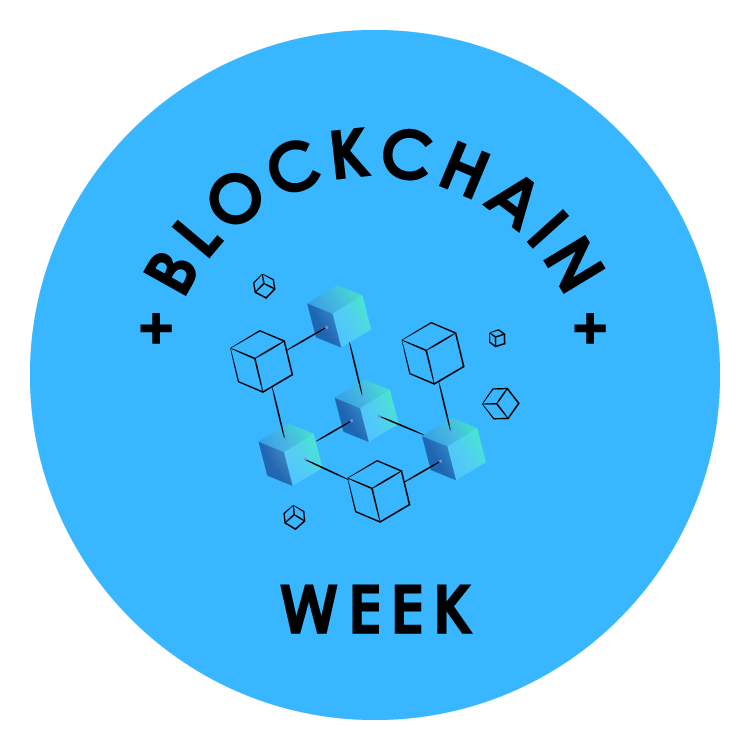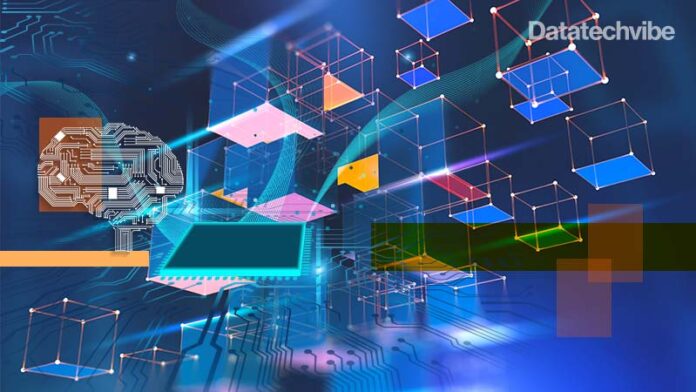The convergence of blockchain and AI brings new value to finance and healthcare companies. More importantly, blockchain will increase human trust in AI

Artificial Intelligence (AI) is here, everywhere. It is becoming a mainstream technology at organisations, according to a PwC report. However, a new study by Cogito found that 26 per cent of consumers believe AI is misunderstood. Additionally, nearly half said they would have a more positive perception of a company if they were more explicit about their use of AI.
Evidently, high-profile cases of misuse of AI by global technology firms have dented trust in AI. The lack of confidence in AI reinforces the need for tech companies to demystify AI and make their systems and algorithms fair and explainable.
Enhances data security
Blockchain can help improve trust in data integrity and in the recommendations that AI provides since its digital record offers insight into the framework behind AI and the provenance of the data used.
Since a major hindrance in developing an AI model comes from the data collected and used to train models, blockchain provides a strong foundation for secure data storage and access on a mass scale.
It can provide an audit trail in how data is stored and distributed in AI models. Pairing the two technologies enhances data security.
New level of intelligence
At the same time, since AI can comprehensively read, understand, and correlate data at incredible speed, it can bring a new level of intelligence to blockchain-based business networks.
According to IBM, by providing access to large volumes of data from within and outside of the organisation, blockchain helps AI scale provide more actionable insights, manage data usage and model sharing, and create a trustworthy data economy.
Currently, many AI applications do not run on the blockchain because of latency issues and data centralisation; however, advancements in both fields could change this year. Combining both technologies can bring many benefits, including working with encrypted data, auditing all decisions made by Al algorithms, improving transparency, and helping in faster risk detection and management.
Use cases: Pairing blockchain and AI delivers new opportunities across industries.
Healthcare and Pharma Industry
From treatment insights to identifying insights from patient data and revealing patterns, blockchain and AI can help almost every field in healthcare. With patient data on the blockchain, including electronic health records, healthcare organisations can improve care while protecting patient privacy.
The technologies can add visibility and traceability to the drug supply chain in the pharmaceutical industry. It can also increase the success rate of clinical trials. Advanced data analysis combined with a decentralised blockchain framework for clinical trials enables transparency, patient tracking, consent management, and many other things.
Financial services
It’s an industry where the combined technologies can transform by enabling trust, removing friction from transactions while accelerating the speed of transactions. For instance, using blockchain in the loan process, where applicants can access personal records and grant consent can improve customer satisfaction. The automated process of evaluating the application helps drive faster closings, and there is trust in the data.
Supply chain
AI and blockchain are transforming supply chains — digitising the paper-based process, making the data sharing transparent, and adding intelligence and automation to execute transactions. Combining the two can make supply chains more efficient. While AI tools can identify the structures that could pose a systemic risk, create large-scale simulators of global supply chains responding to a wide variety of shocks, and then detect the problematic parts of the chain, blockchain can help in real-time recording, keeping traceability of transactions. Large-scale algorithms can also identify which suppliers need to be replaced and the emerging ones.
With sustainability a top priority for many organisations, a manufacturer can also track carbon emissions data at the product or parts level, adding accuracy and intelligence to decarbonisation efforts with these technologies.
Meanwhile, industrial applications of AI for automation and operations can use blockchains to their advantage, like factories and supply chains employing AIs. The combined technologies can remove friction, add speed and increase efficiency to business processes. AI models embedded in smart contracts executed on a blockchain can recommend expired products to recall and select the most sustainable shipping method.
Game AIs can also benefit from this system, especially as Metaverse is gaining traction. The advent of Web3 and crypto will also have an interesting intersection with AI. Blockchain-based AIs can also find applications in traffic management, billing and taxing, and project management.
There are quite a few AI-blockchain projects, including Botchain, which accelerates and connects artificially intelligent bots and software; DeepBrain Chain, a decentralised privacy-protecting AI computing platform that uses blockchain; Namahe, a supply chain solution that incorporates AI and blockchain to help businesses to save on costly audits and improve efficiency in their supply chains; SingularityNET is a full-stack AI solution powered by a decentralised protocol, and Thought.AI is an Al solution that uses blockchain and embedded data to generate business value.
Seemingly, the future of AI and blockchain is connected, and the convergence of both promises to solve many problems. However, a lot is yet to be explored. As blockchain-AI adoption increases in time to come, we will see many more use cases of how businesses use the combined technology to increase efficiency and transparency.
If you liked reading this, you might like our other stories









